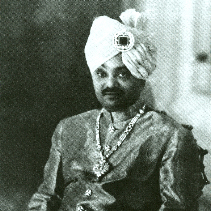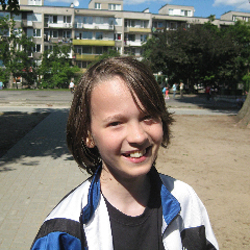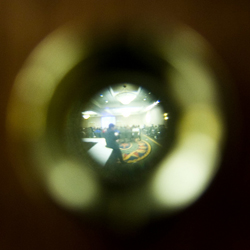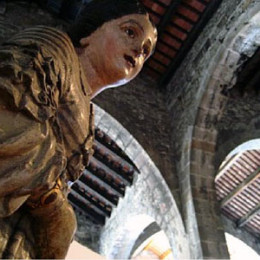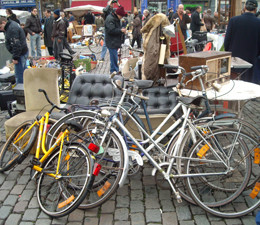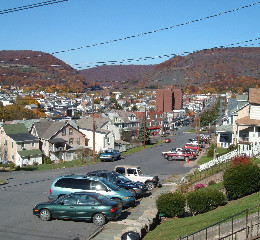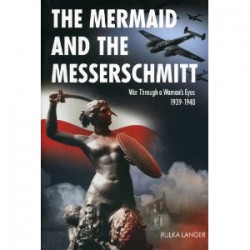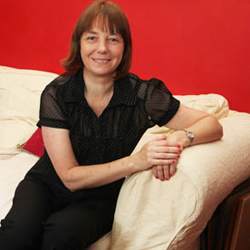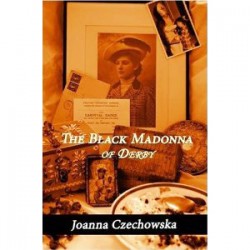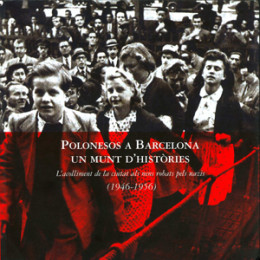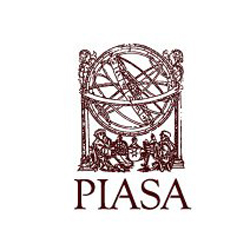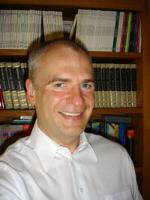2009 — Winter / Features
Between August 1942 and November 1946, close to 1,000 Polish children and their guardians lived in idyllic settlements on the Kathiawar Peninsula in India not far from the summer residence of the Maharaja Jam Saheb Digvijay Sinhi. They had come at the Maharaja’s invitation from orphanages in Ashkabad, the capital of Turkmenistan, and Samarkand.
2009 — Winter / Features
Don’t stifle the natural optimism of kids, Kris Kotarski finds out in conversations with some very young Poles.
2009 — Winter / Features
It could be said that conflict between opposites ultimately assumes a new place in the universe. One can arrive at many examples of opposing forces taking on transformations, even often fleeting ones – evil versus good, black versus white, women versus men, yin versus yang, communism versus capitalism, etc. Who would think that my surname, Kuklinski, could be poised in such a contest of antipodal proportions?
2009 — Winter / Travel
Barcelona is a city that begs to be enjoyed – visually, intellectually, and culinarily. It is also a city of endless and varying details.
2009 — Winter / Travel
Joyful, savory, unpretentious and inspiring – here is my definition of the EU capital.
2009 — Winter / Features
“This place is like a time capsule. You guys still talk about Lemkos and Galicia. We don’t even talk about that stuff,” said exchange student Lyudmyla Sonchak during an ethnic festival near Minersville, Pennsylvania.
2009 — Winter / Books
Anyone who’s ever read memoirs written during or immediately after the war knows how very different they are from those written many years later. The writing is vivid, unembellished, adrenalin charged. Memories have not yet faded, been tampered with. There is no editorializing. War is an experience unlike any other. Nobody comes out of it unchanged. When these experiences are recorded by gifted writers – and Rulka Langer certainly was that — they are at once harrowing, inspiring and breathtaking.
2009 — Winter / Books
A great cover and a good review are often enough to get someone interested in a book, but it is not often that the book leads to curiosity about the publisher. Yet that is exactly what The Mermaid and the Messerschmitt did. Who published this beautiful book? Aquila Polonica? A new publishing house dedicated to the Polish World War II story? Who are they, and why this focus?
2009 — Winter / Interviews
CR gleaned some background information about Joanna Czechowska, the author of The Black Madonna of Derby, from published interviews. We knew she was born in England to a Polish airman father and an English mother, and that in her early childhood she was not only raised by her Polish grandmother but spend the first ten years of her life in a community with postwar Polish refugees in the UK.
2009 — Winter / Books
by CR × on November 23, 2009 at 9:30 am ×
An interview with Joanna Czechowska in The Guardian sparked CR’s instant interest in her book, The Black Madonna of Derby. Although her mother was English, Czechowska was raised in her father’s Polish community, complete with Saturday schools, scout groups and dances in the Polish Hall. Since her mother worked, Czechowska was raised by her adored and adoring Polish grandmother, who spoke several languages but none of them English.
2009 — Winter / Books
From Barcelona comes a vibrant, moving account of hope and resilience in the form of a visually stimulating, richly illustrated book: Poles in Barcelona and Their Stories: How the City Welcomed Polish Children Stolen by the Nazis (1946-1956).
2009 — Winter / Books
Someone once joked that the best thing about reading Reviews is that you can discuss the books at dinner parties without actually having to read them. Well, if you read the very best of the Reviews there is an element of truth in that, though do bear in mind that not all Reviews are created equal.
2009 — Winter / Interviews
As we reflect on the 20 years since the fall of communism in Europe and ponder what the future may hold, CR recently had a chance to ask a few questions of Professor Marek Suszko, who teaches at the Department of History at Loyola University in Chicago. He shared some insight about the positive developments that have taken place in Poland since 1989, the country’s role in the EU and its relationship with the United States.
